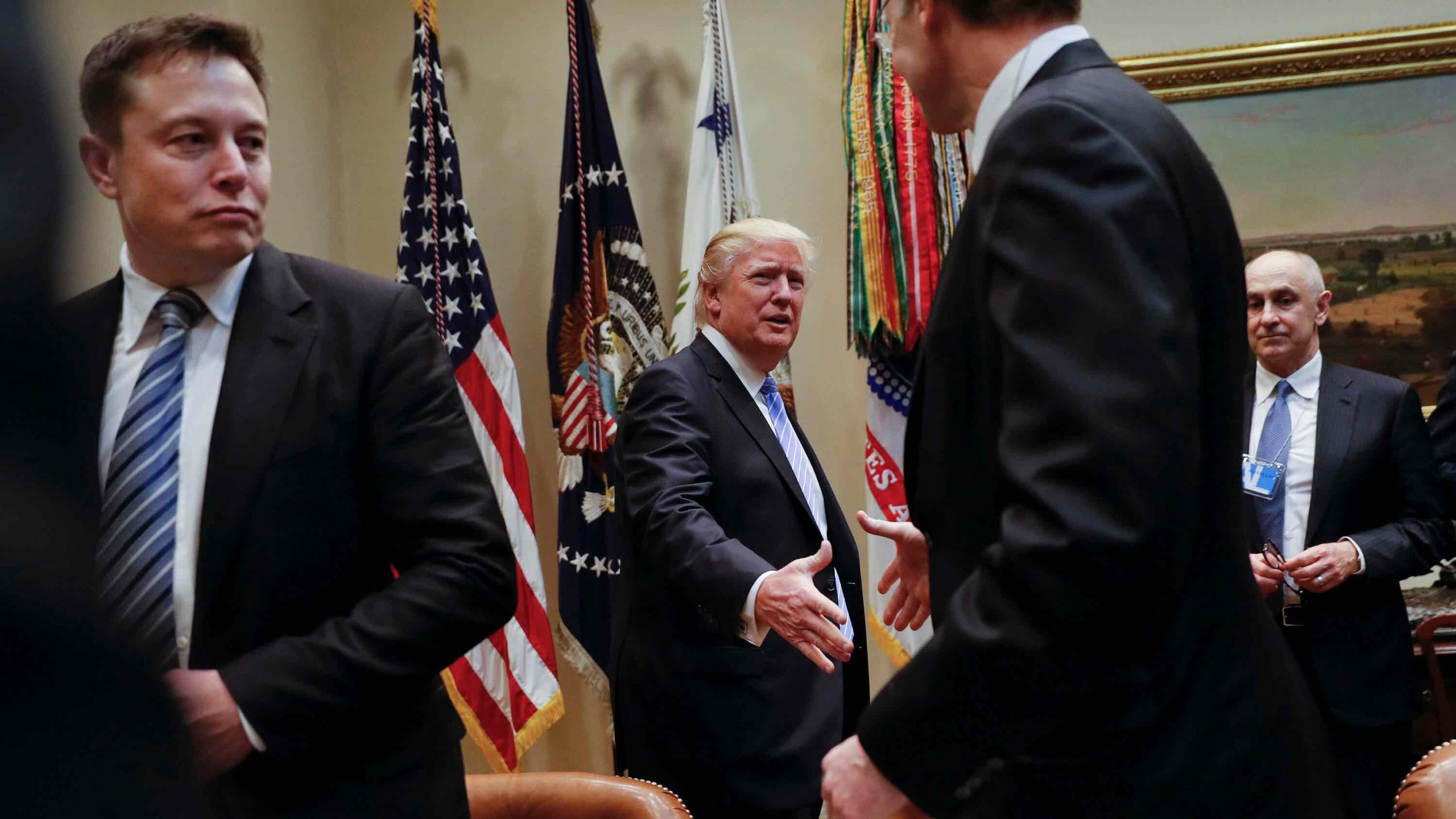There’s often a hesitation on LinkedIn to discuss political issues—and for good reason. However, we cannot overlook the broader implications of the recent election results.
The victory of the Trump-Musk-Kennedy team, dubbed by some as the “Avengers,” is not merely a political shift. It carries significant financial, legal, business, historical, and philosophical consequences.
This unique trio represents an amalgam of seemingly disparate forces, blending elements from both Democratic and Republican ideologies. Let’s take a closer look at each member of this so-called “Holy Trinity” and what they symbolize.
Donald Trump: A Conservative Torchbearer
Donald Trump continues to represent a bold, unapologetic vision for America with his “Make America Great Again” (MAGA) ethos. His emphasis is unmistakably local, promising significant shifts in immigration, taxation, and social policies.
As a staunch critic of Environmental, Social, and Governance (ESG) initiatives, Trump’s alignment with traditional energy sectors, like oil and gas, underscores his prioritization of economic pragmatism over progressive ideals. He has also openly opposed the “woke” movement, which he associates with eroding important traditional Western values.
Elon Musk: The Innovator Extraordinaire
Elon Musk stands as a disruptor par excellence. Often compared to Nikola Tesla, some romantics have even described him as a modern-day reincarnation. Musk has revolutionized industries from space exploration to electric vehicles. His Tesla brand has arguably contributed more to the “E” in ESG than any other company, inspiring an EV revolution among legacy automakers.
Yet, Musk’s libertarian streak and his advocacy for free speech (evidenced by his acquisition of X, formerly Twitter) place him in an unusual ideological position—both progressive and contrarian. His presence in this alliance is a testament to the unpredictability of modern political alignments.
Robert F. Kennedy Jr.: The Maverick Advocate
Robert F. Kennedy Jr., though aligned with this team, brings a different flavor to the table. A vocal critic of Big Pharma and an advocate for health transparency, Kennedy’s positions resonate with progressive ideals, especially in the realm of corporate accountability. Despite his liberal leanings, his alliance with Trump signals a broader discontent with traditional party lines.
The Pendulum Effect: A Shift in Societal Values
The overwhelming success of this trio signals a significant shift—not just a rejection of the Democratic platform, but a broader cultural and ideological recalibration. The Democrats, led by Kamala Harris, leaned heavily on fear-driven narratives (“Don’t let Trump win!”) and an over-reliance on identity politics, with less emphasis on actionable promises for a better future.
As Heraclitus’s concept of “enantiodromia” (later popularized in the West by psychologist Carl Jung) suggests, when a pendulum swings too far in one direction, it inevitably swings back. The recent election reflects this shift away from what some view as progressive overreach—particularly regarding environmental advocacy and an emphasis on minority rights—toward a more conservative and, for many, pragmatic approach.
However, the pendulum must not swing too far in the opposite direction. History reminds us of the dangers of extremism, particularly from the far right. The key question is whether this new alignment can maintain balance and focus on meaningful progress.
What Does This Mean for Us?
The Trump-Musk-Kennedy victory is not just about politics—it’s a case study in leadership, collaboration, and societal change. Leaders in every domain can draw lessons from their impact:
From Trump, we see the importance of a clear, unifying vision (whether you agree with it or not).
From Musk, we learn the value of innovation and disruption in driving change.
From Kennedy, we are reminded of the power of advocacy and challenging entrenched systems.
Your Turn
Does this trio represent a healthy correction in societal values, or does it carry risks of its own?
What lessons can we, as leaders, learn from their unique approaches to disruption, vision, and advocacy? Share your thoughts in the comments below—I’d love to hear your perspective.
Philippos


